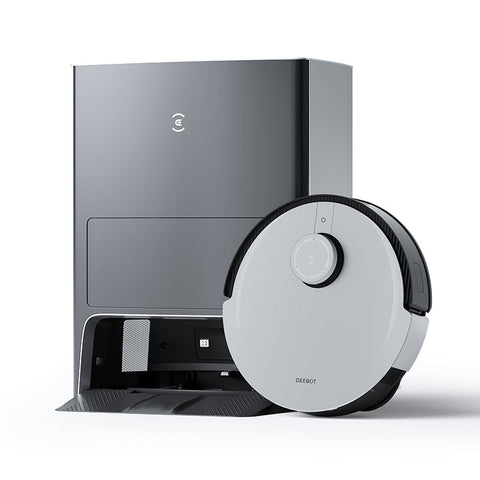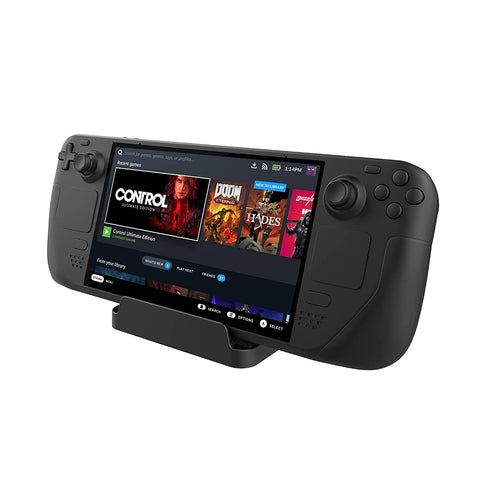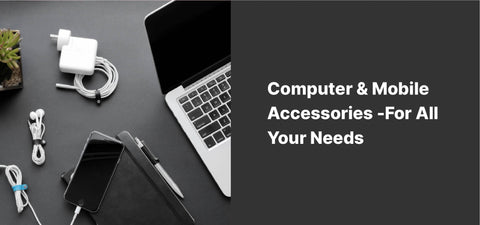All Categories
- Appliances
- Audio & Video
- Auto Accessories
- Baby & Kids
- Cameras & Drones
- Computers and Accessories
- Devices and Accessories
- Electronics
- Furniture
- Games and accessories
- Gift & Novelty
- Health & Beauty
-
Home & Garden
- Artificial Plants
- Bathroom Accessories
- BBQ
- Bedding
- Curtains
- Decor
- DIY
- Firepits
- Fountains
- Garden Beds
- Garden Furniture
- Garden Lights
- Garden Tools
- Gate Openers
- Green Houses
- Hammocks
- Home Office Accessories
- Inflatable Mattress
- Kitchen Bins
- Kitchenware
- Lighting
- Others
- Pool & Accessories
- Rugs
- Scales
- Shading
- Storage
- Travel
- Occasions
- Outdoor
- Pet Care
- Smart Home
- Sports & Fitness
- Tools
The New 2022 Design VoltX 12V 100Ah Slimline Lithium Battery LiFePO4 is every adventurer's dream battery pack. Power your campsite or RV without taking up too much space - this battery's slim built is designed for portability and easy storage. It might be smaller in size, but it's definitely big on power with twice the efficiency of conventional batteries. It also combines a superior lifespan of over 4000 lifecycles with an impressive deep discharge recovery function that guarantee a long-lasting use. Add this LiFePO4 battery to your camping essentials now!
FEATURES
Vibration-resistant
Over 4000 lifecycles
Deep discharge recovery
Spill-proof & leak-proof
Superior voltage HPLD
Maintenance-free
Built-in battery management system (BMS)
Slim and lightweight design
Heavy-duty, all-weather proof ABS case
1 year Australian warranty
SPECIFICATIONS
Nominal Voltage: 12.8V
Nominal Capacity: 100Ah
Charging Voltage: 14.6V
Rated Energy: 1280Wh
Charge Method: CC/CV
Charger: 14.6V/20A
Max. Charging Current: 50A
Standard Discharge Current: 50A
Max. Continuous Discharge Current:50A
Max. Discharge Current 5 sec: 100A
Discharge Cut-off Voltage: 10V
Standard Charge Current: 25A
Life Cycle: 4000 times
Battery Cells: Prismatic
Series Connection: No
Parallel Connection: No
Dimensions (includes the terminal posts): L396 x W110 x H286 mm
Weight: Approx. 12kg

PACKAGE CONTENTS
1 x Lithium Battery
1 x User Manual














